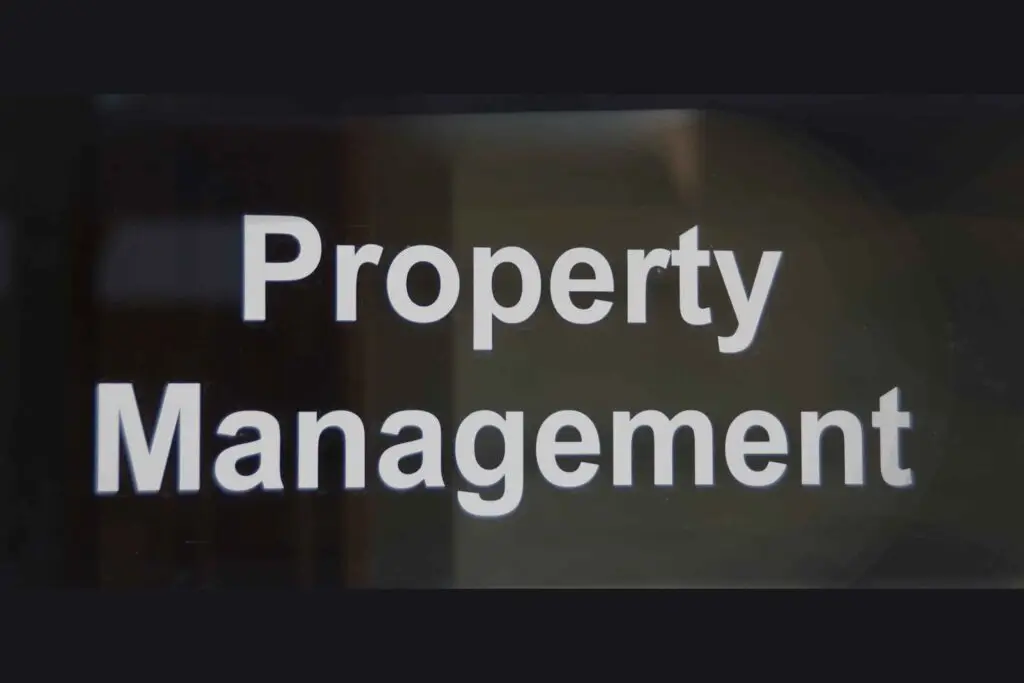Making a smart real estate investment involves more than just finding a good property. Conducting due diligence is crucial to avoid costly mistakes. Whether you are a pre-retiree, a high net worth individual, or part of a real estate investment club, understanding due diligence will help you make informed decisions.
Due diligence means thoroughly checking a property’s legal, financial, and physical aspects before buying. This process helps identify potential risks and ensures you are making a sound investment. For self-directed IRA holders and expatriates, due diligence can safeguard against unforeseen issues and protect your investment.

Learning to conduct due diligence effectively is important for both new and experienced investors. By understanding what to look for, you can avoid bad deals and maximize your returns. This knowledge is key for retirement planners, real estate professionals, and small to medium investment groups seeking to expand or optimize their portfolios. Taking the time to perform thorough due diligence will help you invest confidently and successfully.
Legal Due Diligence: Protecting Your Investment

Legal due diligence is key to safeguarding your real estate investment. This process involves checking legal documents and regulations related to the property. For pre-retirees, high net worth individuals, and real estate investment clubs, legal due diligence ensures there are no legal issues that could affect their investment.
- Start by verifying the property title. Make sure the seller has clear ownership and the right to sell. Check for any liens or encumbrances that might be on the property. Liens are legal claims against the property for unpaid debts, and they can complicate your purchase.
- Next, review zoning laws and land use regulations. Ensure the property complies with local zoning laws and can be used for your intended purpose. For self-directed IRA holders and expatriates, understanding these rules is crucial when investing in an unfamiliar area.
- Lastly, examine any existing leases or tenant agreements. If the property has tenants, read through their lease agreements. Know the terms and whether they align with your investment goals. For retirement planners and financial advisors guiding their clients, this step helps in assessing potential income from the property and future expenses related to tenant issues.
Financial Evaluation: Assessing Property Value and Costs

Financial evaluation means understanding the property’s value and the costs involved. This step helps high net worth individuals, real estate professionals, and small investment groups avoid overpaying for a property.
Start by looking at comparable sales, or “comps.” These are recently sold properties similar to the one you’re considering. Comps help you gauge the market value. For example, if similar homes in the area sold for $300,000, you have a benchmark for your investment.
Next, calculate the total cost of ownership. This includes the purchase price, closing costs, ongoing maintenance, property taxes, and insurance. For entrepreneurs and small to medium investment groups, knowing these costs helps in budgeting and financial planning.
Another key step is evaluating the property’s cash flow potential. Estimate the rental income and subtract operating expenses. If the rental income is $2,000 per month and expenses are $1,200, your monthly cash flow is $800. This helps real estate investment clubs and associations understand the property’s income potential.
Lastly, review funding options. Whether financing through a mortgage or using cash, understand the implications. For high net worth individuals, securing favorable loan terms can maximize returns. For real estate professionals advising clients, understanding financing helps in guiding them to make informed decisions.
Physical Inspections: Uncovering Potential Issues

Physical inspections are crucial to identify potential problems with a property. Skipping this step can lead to costly surprises later. For high net worth individuals, expatriates, and real estate investment clubs, thorough inspections help ensure a sound investment.
Hire a professional home inspector to assess the property. The inspector will check the structure, roof, plumbing, electrical systems, and more. This detailed inspection reveals any defects or necessary repairs. For small to medium real estate investment groups, understanding these issues upfront helps in budgeting for repairs and maintenance.
Additionally, consider specialty inspections if needed. For example, a pest inspection can identify termite damage, while a sewer inspection checks for pipe issues. Entrepreneurs and individual investors should not overlook these inspections, as they can prevent major problems down the road.
Review the final inspection report carefully. Note any red flags or required repairs, and use this information in negotiations. For real estate professionals and property managers, understanding the inspection report is crucial when advising clients or planning future investments.
Red Flags to Watch For: Warning Signs of Bad Deals

Other Important Metrics: Vacancy Rate, Operating Expenses, and Rent Ratio
Watching for red flags can help avoid bad investments. Knowing these warning signs is essential for pre-retirees, self-directed IRA holders, and retirement planners.
– Unrealistic Promises: If something sounds too good to be true, it probably is. Be cautious of properties with extremely high return promises without clear justification.
– Seller Pressure: High-pressure tactics to make a quick decision often indicate hidden issues. Take your time to evaluate the deal thoroughly.
– Lack of Documentation: If the seller cannot provide proper records, such as property titles or maintenance history, it’s a red flag. Documentation is crucial for verifying the property’s background.
– Unusually High Costs: Excessively high repair or operating costs compared to similar properties can signal hidden problems. Get a second opinion if costs seem out of line.
Evaluating these red flags helps protect your investment. For expatriates and high net worth individuals, being mindful of these warning signs ensures a smart investment choice.
Conclusion

Conducting due diligence is crucial for successful real estate investments. Checking the legal, financial, and physical aspects of a property helps identify potential risks and ensures you make an informed decision. For pre-retirees, high net worth individuals, and retirement planners, understanding these steps is vital for protecting and maximizing your investment.
Performing thorough inspections and paying attention to red flags can avoid costly mistakes. Knowing what to look for makes the investment process smoother and more secure. Entrepreneurs, self-directed IRA holders, and real estate investment clubs benefit from these practices when expanding their portfolios.
Making wise real estate investments involves careful planning and attention to detail. By following these best practices, you can confidently invest in properties that align with your financial goals.
Ready to make a smart real estate investment? Contact Elysium Real Estate Investments LLC today to maximize your returns and make informed decisions on your residential real estate investments.
Disclaimer: The information contained in this article is intended for educational and informational purposes only. It should not be construed as financial, legal, or professional advice. Real estate investments carry inherent risks, and outcomes may vary. Before making any investment decisions, it is advised to consult with a qualified professional to ensure that the strategies and concepts discussed are appropriate for your specific situation. Elysium Real Estate Investments LLC assumes no liability for any actions taken based on the information provided. All investments are made at your own risk.
LEARN TO INVEST WITH US.
We accept queries from accredited domestic and foreign investors seeking single and small multifamily investment opportunities.











